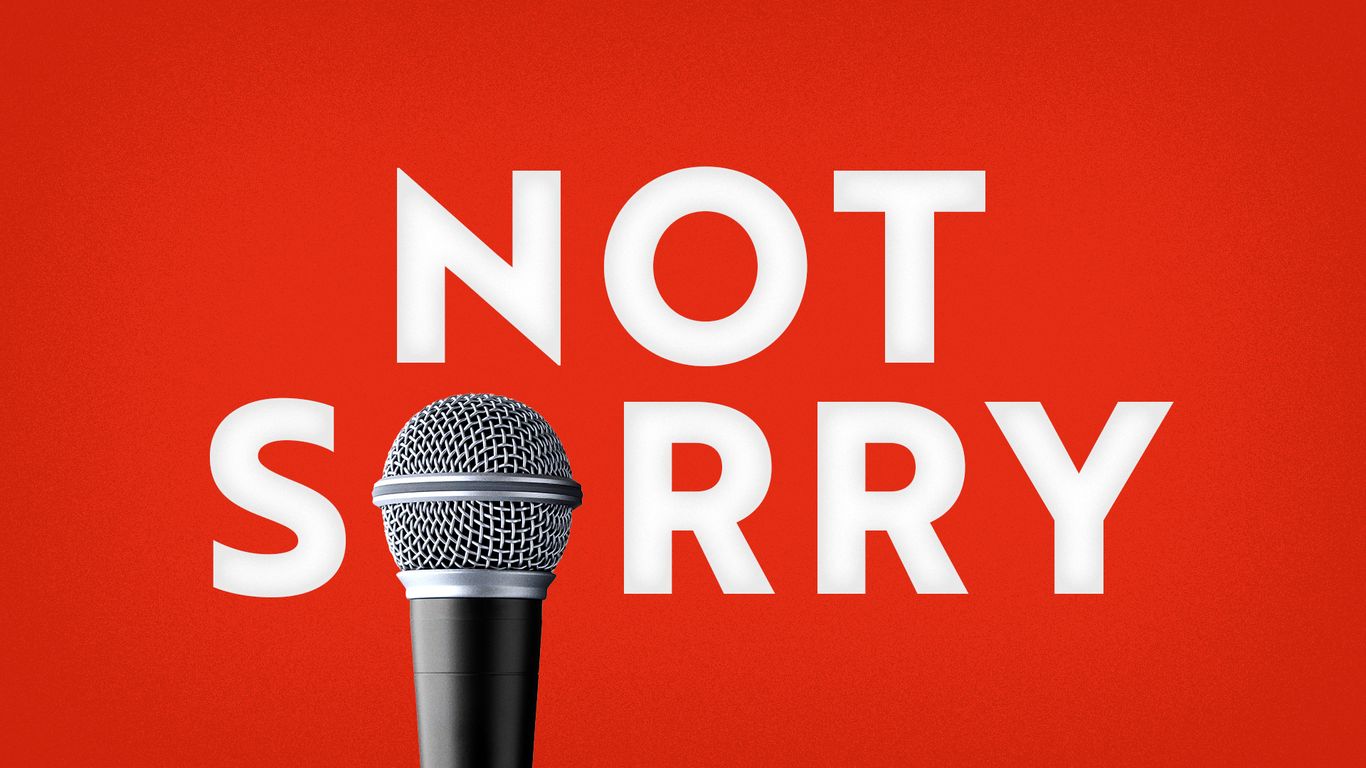
"I've been reflecting and going back and forth on how to handle this. I finally realized that I must, from the bottom of my heart, apologize to - absolutely nobody."
"People are simply tired of the outrage cycles and cancellation campaigns,"
"And the public is splitting because they don't want to jump on someone else's grievance bandwagon."
"Leaders are reconsidering whether it's the right tool, and we're watching companies experiment here, defending their decision, ignoring the noise or addressing constituencies privately instead of making a public spectacle,"
American Eagle doubled down on an ad featuring Sydney Sweeney. Women's dating app Tea did not apologize after user data was hacked and leaked. CrowdStrike initially omitted an apology when a global outage disrupted airlines and other services last year. Astronomer executives circulated phony statements online and have not issued public apologies following a kiss cam scandal. Replit CEO Amjad Masad refused to apologize over his stance on the Gaza conflict, writing that he would "apologize to - absolutely nobody." No-apology stances reflect audience desensitization, political polarization, cancel culture fatigue, and rapid news cycles, which can make apologies seem weak, insufficient, or likely to amplify controversy. Some leaders are favoring targeted private outreach, defending decisions publicly, or ignoring noise instead of offering sweeping public apologies.
Read at Axios
Unable to calculate read time
Collection
[
|
...
]